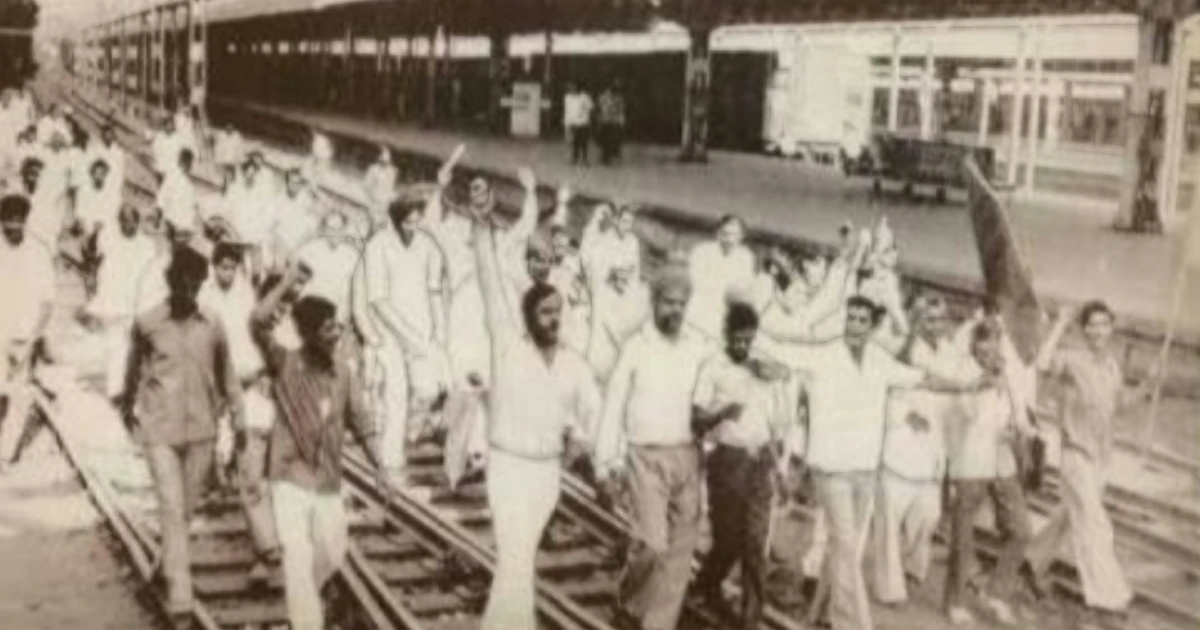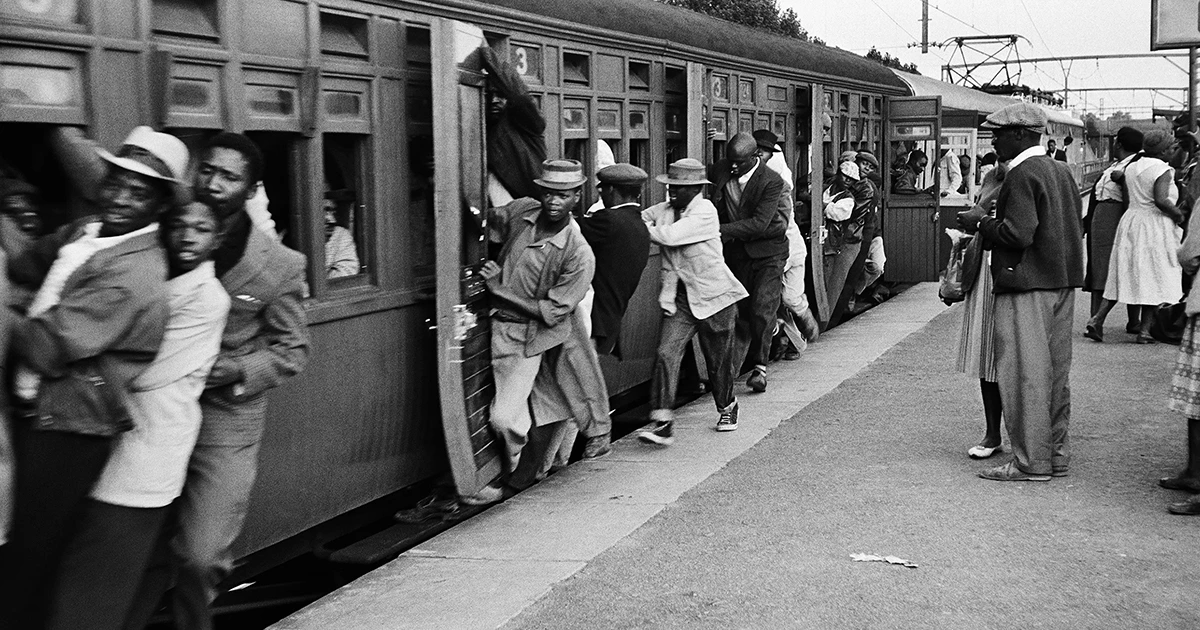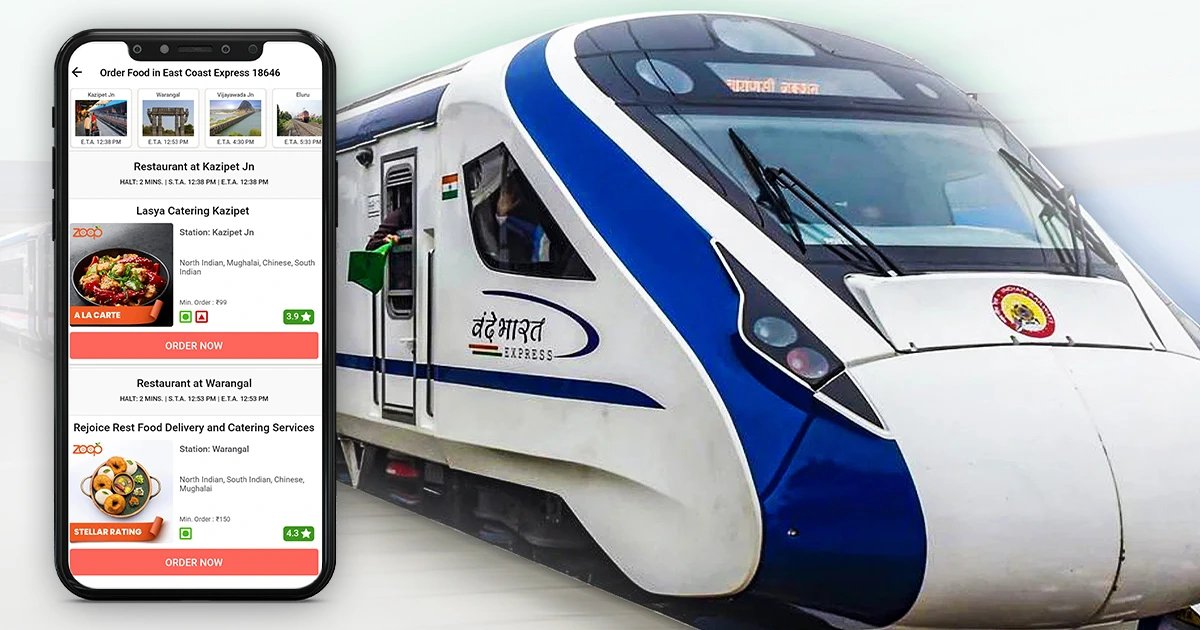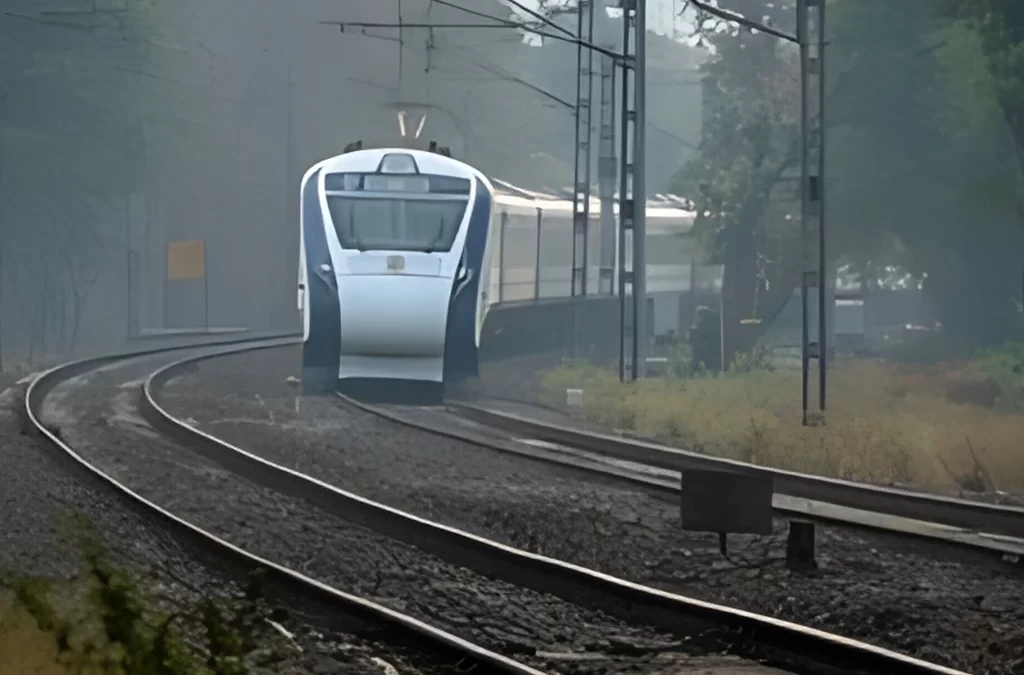Trains have played an important role in forming societies and fostering social change throughout history due to their unique capacity to connect distant places and people. Trains have frequently been at the vanguard of social transformation, from facilitating the transfer of commodities and people to encouraging revolutionary ideals and freedom movements. In this article, we’ll look at seven major real-life examples of trains becoming effective agents of social change.
7 Examples for when Trains were an agent of Social Change
Underground Railroad in the United States
During the nineteenth century, the Underground Railroad was a network of secret routes and safe houses used by African American slaves to escape to freedom in the North. Trains were crucial in this endeavor, with the term “railway” itself representing the escape path. Conductors, who were frequently freed slaves, assisted fugitives in boarding trains and providing critical information about their voyages, ultimately aiding the abolitionist movement and the struggle against slavery.
Indian Independence Movement
Trains were crucial in India’s freedom movement against British colonial control. Mahatma Gandhi’s appeal for civil disobedience resulted in the 1930 Salt March, in which he and hundreds of supporters marched over 240 miles to the Arabian Sea to create their own salt, which the British highly taxed. Trains were critical in transporting protesters to and from numerous protest places, allowing the movement to have a broad influence.

Image Credit: TheWire | 1947 All India Railway Strike For Independence
The Great Migration
During the twentieth century, the United States experienced a huge population transition, with millions of African Americans migrating from the rural South to the metropolitan North. Trains were a significant form of transportation for these migrants, who saw them as a means of escaping racial segregation and gaining access to better economic prospects and education. The Great Migration altered American cities’ demography, culture, and social fabric.
Women’s Suffrage Movement
Trains were also important in the women’s suffrage movement in the late nineteenth and early twentieth century. Suffragettes traveled by train to rallies, marches, and conventions to convey the message of women’s rights and the importance of voting equality. The ability to mobilize supporters from multiple locations was critical to the success of the movement.
Civil Rights Movement
Trains were crucial to the American Civil Rights Movement in the 1950s and 1960s. The Montgomery Bus Boycott, prompted by Rosa Parks’ refusal to give up her bus seat, resulted in carpooling and, eventually, bus desegregation. Trains were utilized to connect communities and mobilize activists so that they could take part in large-scale protests and marches.
European Revolutions of 1848
In the mid-nineteenth century, Europe witnessed a series of uprisings aimed at destabilizing despotic administrations and promoting democratic changes. Trains facilitated communication and transportation, allowing ideas and revolutionary fervor to cross countries swiftly. The speed and effectiveness of the railway were critical in these social and political upheavals.
Apartheid Resistance in South Africa

Image Credit: TheNewYorker | South African Apartheid resistance and importance of railways
Trains played an important role in South Africa’s fight against racial segregation and tyranny during the apartheid era. Despite discriminatory legislation that restricted their movement, many black South Africans used trains to go to cities in search of better career and education possibilities. The fortitude of these people, who often faced perilous journeys, contributed to the eventual demise of apartheid and the fight for equal rights in South Africa.
Trains have long been at the vanguard of societal change, acting as both real and symbolic transformational vehicles. They have not only served as modes of physical transportation, but have also served as symbols of hope, freedom, and unity during countless social movements and freedom struggles. These seven stories demonstrate how trains can connect people and ideas, resulting in important transformations in communities around the world.
Bring a revolution into your train travel experiences with Zoop!

Zoop is catalyzing social change by empowering local restaurants and creating facilities for passengers, fostering growth within communities. Zoop is also contributing to a more sustainable and responsible food industry through initiatives and innovation.
IRCTC’s official e-catering partner, Zoop brings the chance to turn every train journey into an unforgettable adventure, with its hassle-free online train food delivery service. Now you can easily enjoy your favorite food in train, ranging from regional delights to international specialties, all from the comfort of your train seat. Choose from hundreds of top-rated restaurants along your train route, enjoy the best discount offers, order in bulk, and set dietary preferences (For example – search for pure Jain meals only) – Zoop takes care of all your concerns. All restaurants on Zoop’s platform are FSSAI-approved. Additionally Zoop, also lets you check your train schedule and PNR number for convenient travel.



